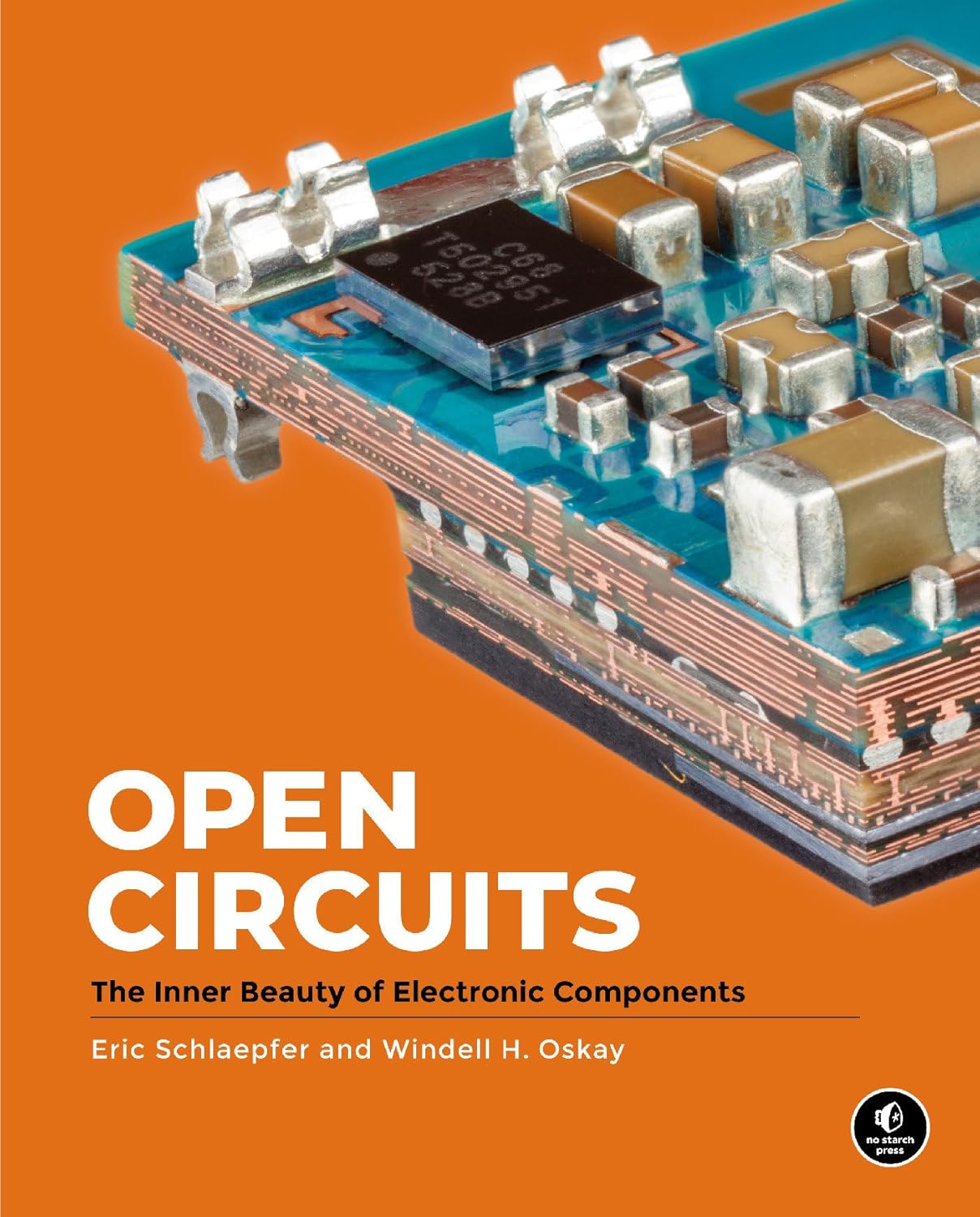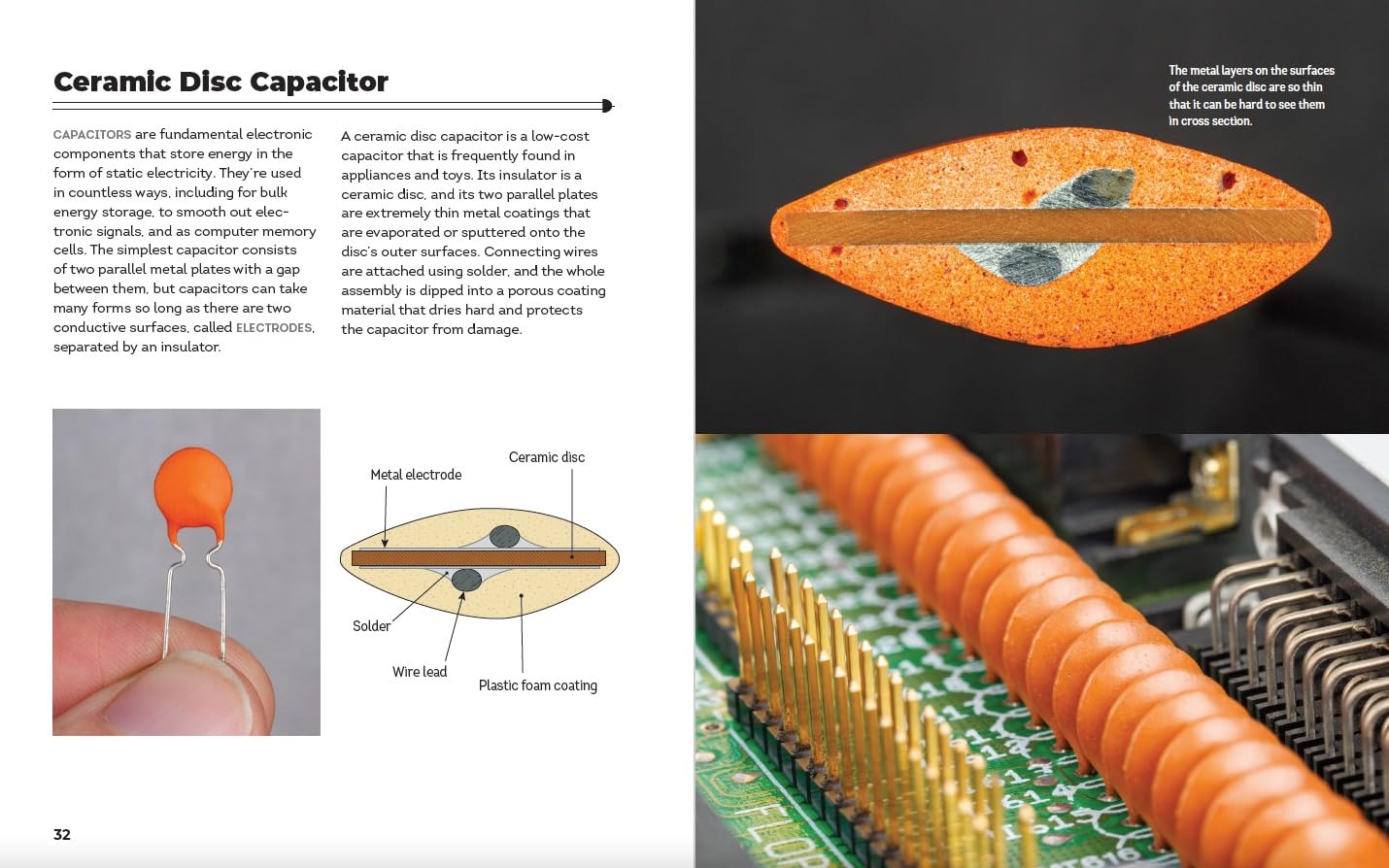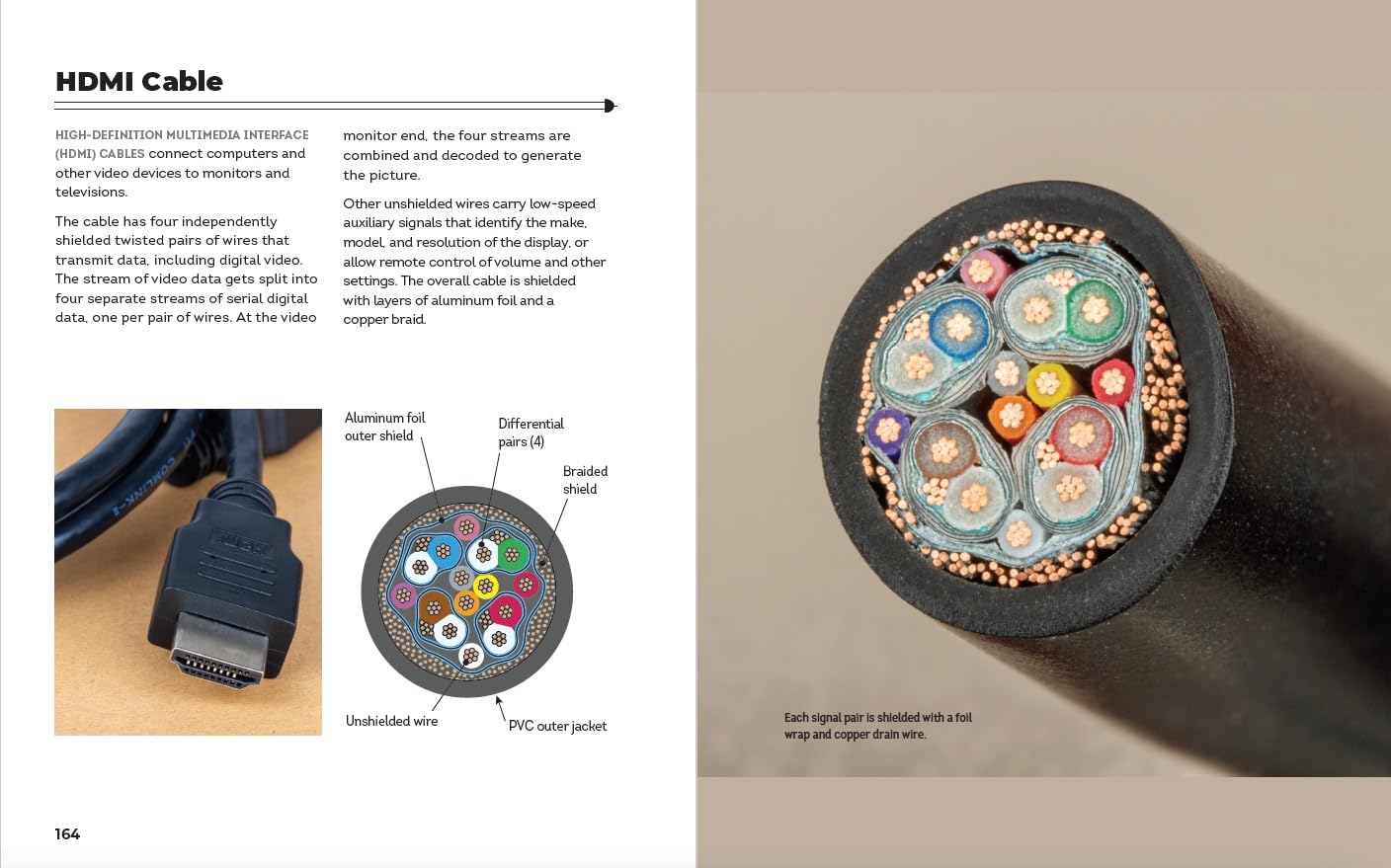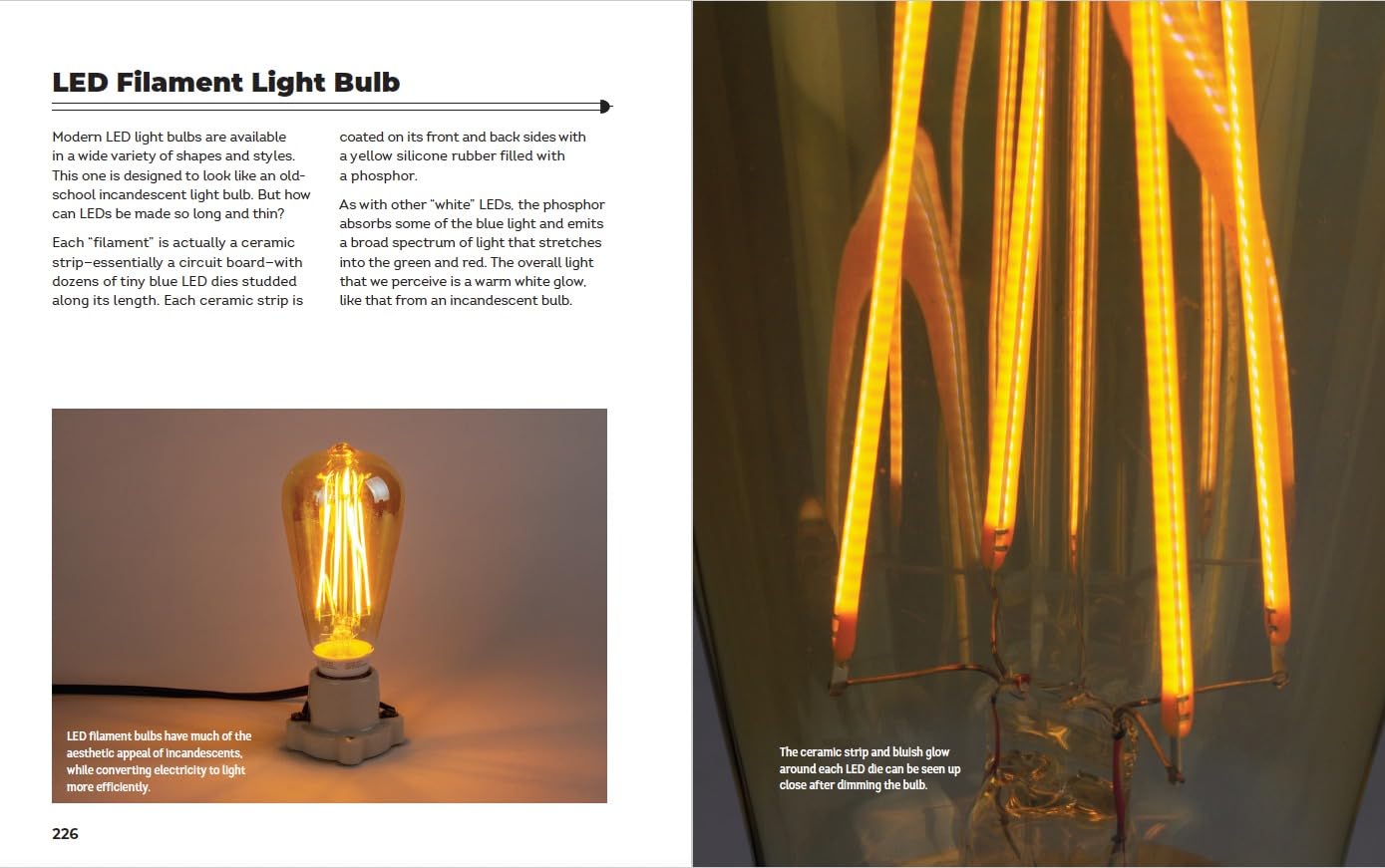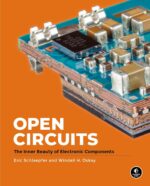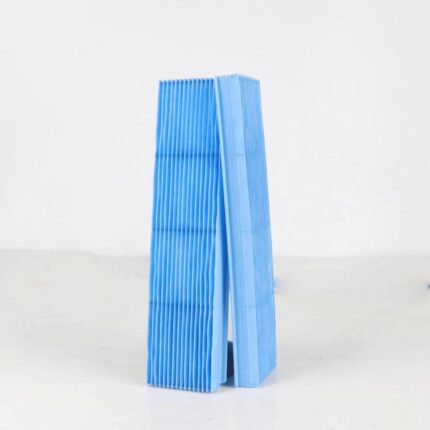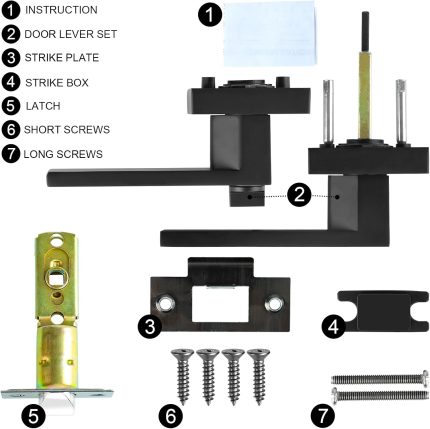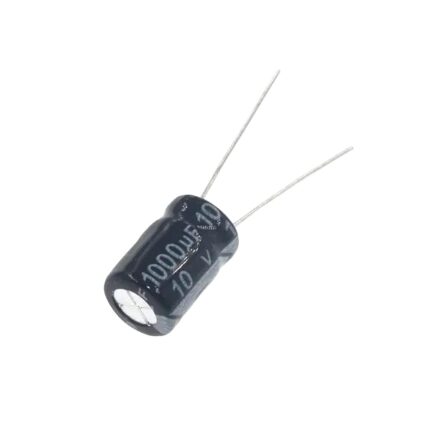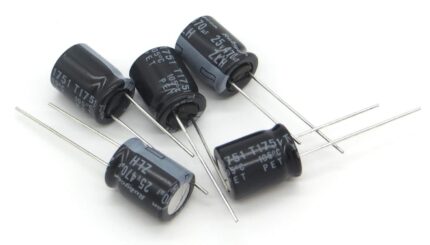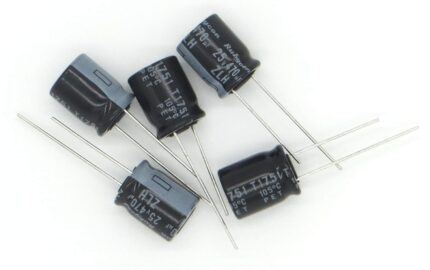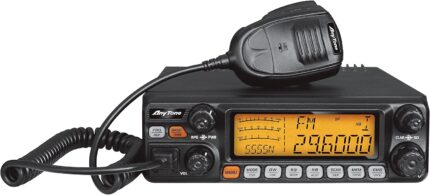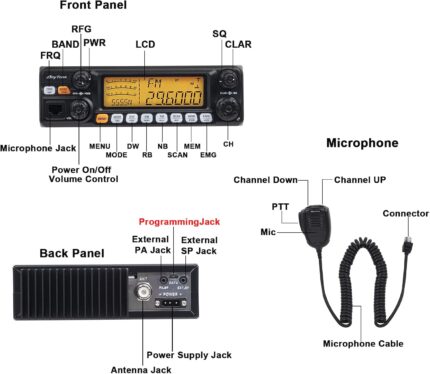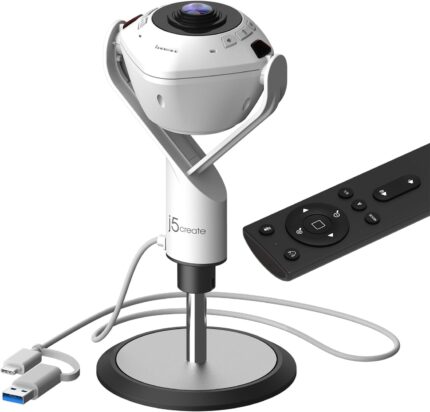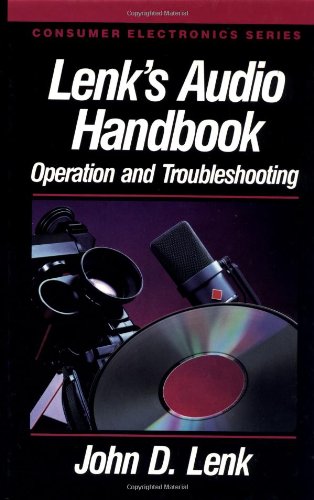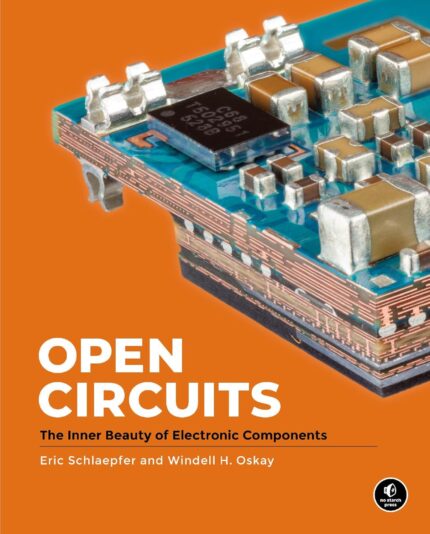Open Circuits is a photographic exploration of the beautiful design inside everyday electronics. Its stunning cross-section photography unlocks a hidden world full of elegance, subtle complexity, and wonder.
Our phones, computers, and appliances are made of hundreds of internal components, each precisely engineered to perform a certain function, but none intended to actually be seen. Through painstakingly executed, vividly detailed cross-section photography, Open Circuits reveals the surprising—and often accidental—beauty hiding inside the electronic components that drive our everyday devices.
From resistors to LEDs, USB cables to headphone jacks, stepper motors to nixie tubes, the book’s arresting imagery transforms more than 130 components into delightful works of art. As you visually dissect the components’ insides, you’ll learn about how they work and how they were made. Open Circuits has something for everyone to appreciate, whether you’re a seasoned electrical engineer, an amateur tinkerer, or simply a lover of art and photography.
From the Publisher








‘Aesthetic and informational’
“Anyone interested in electronics and/or macrophotography will enjoy this book from both an aesthetic and informational standpoint. . . . It’s truly a technological and photographic masterpiece.”
—Jeremy Cook, Embedded Computing Design
‘Unlocks a hidden world’
“Its stunning cross-section photography unlocks a hidden world full of elegance, subtle complexity, and wonder. . . . Open Circuits has something for everyone to appreciate, whether you’re a seasoned electrical engineer, an amateur tinkerer, or simply a lover of art and photography.”
—Lee Goldberg, Electronic Design
‘A fascinating journey’
“This book made me fall in love with electronics all over again . . . Part history book, part coffee-table book, and part journey into the inner lives of the electronics, [Open Circuits] is a fascinating journey through the history of electronics.”
—Haje Jan Kamps, TechCrunch
About the Authors
Eric Schlaepfer runs the popular engineering Twitter account @TubeTimeUS, where he posts cross section photos, discusses retrocomputing and reverse engineering, and investigates engineering accidents. Some of his better-known projects include the MOnSter 6502 (the world’s largest 6502 microprocessor, made out of individual transistors) and the Snark Barker (a retro recreation of the famous Sound Blaster sound card).
Windell H. Oskay is the co-founder of Evil Mad Scientist Laboratories, where he designs robots. A longtime photographer, he holds a B.A. in Physics and Mathematics from Lake Forest College and a Ph.D. in Physics from the University of Texas at Austin. He is the author of The Annotated Build-It-Yourself Science Laboratory.


About the Publisher
No Starch Press has published the finest in geek entertainment since 1994, creating both timely and timeless titles like Python Crash Course, Python for Kids, How Linux Works, and Hacking: The Art of Exploitation. An independent, San Francisco-based publishing company, No Starch Press focuses on a curated list of well-crafted books that make a difference. They publish on many topics, including computer programming, cybersecurity, operating systems, and LEGO. The titles have personality, the authors are passionate experts, and all the content goes through extensive editorial and technical reviews. Long known for its fun, fearless approach to technology, No Starch Press has earned wide support from STEM enthusiasts worldwide.
Publisher : No Starch Press; Combined edition (November 1, 2022)
Language : English
Hardcover : 304 pages
ISBN-10 : 1718502346
ISBN-13 : 978-1718502345
Lexile measure : 1220L
Item Weight : 2.31 pounds
Dimensions : 8.31 x 0.87 x 10.31 inches
Customers say
Customers find the pictures amazing, wonderful, and clear. They describe the information as very informative, fascinating, and an awesome teaching aid. Readers appreciate the simple explanations and bite-sized bits of explanation with each photo.
AI-generated from the text of customer reviews

